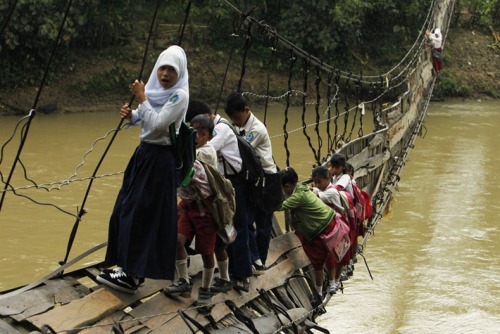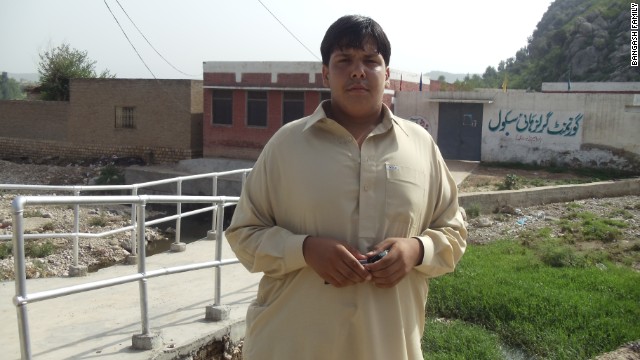So today forty kids at an elementary school had their food stolen. You can read about it here if you like child-free articles about children. This article from the Salt Lake Tribune starts off with this paragraph:
Up to 40 kids at Uintah Elementary in Salt Lake City picked up their lunches Tuesday, then watched as the meals were taken and thrown away because of outstanding balances on their accounts — a move that shocked and angered parents.
Oh, did it now? I thought a move like that would shocked and anger the kids. The ones eating it. A parent and spokesperson were interviewed in this article but no children. I'm glad that they bothered to write an article concerning children, but when you do that, it should be about children. Yes, it's the parents' fault for not paying the lunch money. Yes, it's the child nutrition manager's fault for deciding to confiscate them. Yes, it's the lunch workers' fault for carrying out the order. But children are the only ones affected here. If we're important enough to eat we're important enough to speak too.
Up to 40 kids at Uintah Elementary in Salt Lake City picked up their lunches Tuesday, then watched as the meals were taken and thrown away because of outstanding balances on their accounts — a move that shocked and angered parents.
Oh, did it now? I thought a move like that would shocked and anger the kids. The ones eating it. A parent and spokesperson were interviewed in this article but no children. I'm glad that they bothered to write an article concerning children, but when you do that, it should be about children. Yes, it's the parents' fault for not paying the lunch money. Yes, it's the child nutrition manager's fault for deciding to confiscate them. Yes, it's the lunch workers' fault for carrying out the order. But children are the only ones affected here. If we're important enough to eat we're important enough to speak too.



